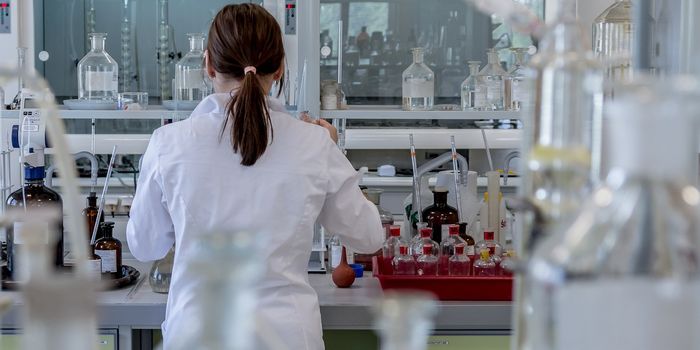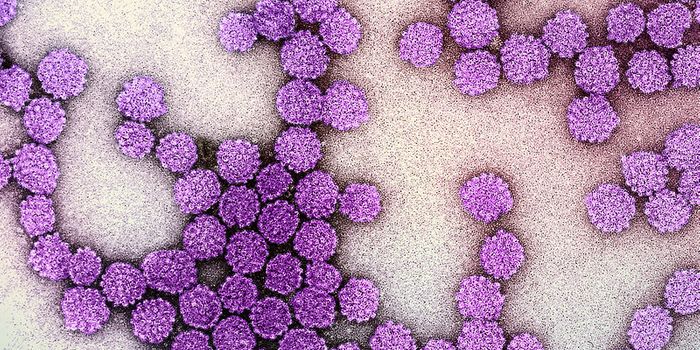Proposed intervention aims to reduce heart damage from chemotherapy drug
Experiments conducted in cell cultures and mice models provide evidence for the effectiveness of a new intervention to prevent heart damage caused by the chemotherapy drug doxorubicin. The findings were published this week in Proceedings of the National Academy of Sciences.
Doxorubicin has the adverse side effect of increasing patients' risk for heart problems such as arrhythmia and congestive heart failure. These conditions may even appear decades after a patient receives chemotherapy and previous studies have shown that the more doses of the drug a patient receives, the higher the risk for cardiac dysfunction later in life.
The intervention proposed by researchers in the Ohio State Comprehensive Cancer Center's Translational Therapeutics program introduces another anti-cancer drug, known as nilotinib, into the body prior to the administration of doxorubicin. Nilotinib works by inhibiting the transport proteins that carry doxorubicin to cardiac cells.
"The proposed intervention strategy that we'd like to use in the clinic would be giving nilotinib before a chemotherapy treatment to restrict doxorubicin from accessing the heart," said first author Kevin Huang. "We have pretty solid preclinical evidence that this intervention strategy might work."
"Our lab works on the belief that drugs don't naturally or spontaneously diffuse into any cell they would like to. We hypothesize that there are specialized protein channels found on specific cells that will facilitate the movement of internal or external compounds into the cell," Huang elaborates.

The team’s experiments proved that mice that received nilotinib prior to doxorubicin showed preserved cardiac function. Furthermore, this intervention did not inhibit doxorubicin's cancer-killing properties. The researchers hope to eventually conduct a Phase 1 clinical trial in humans in order to test the functionality and safety of the intervention.
Sources: PNAS, Eureka Alert








